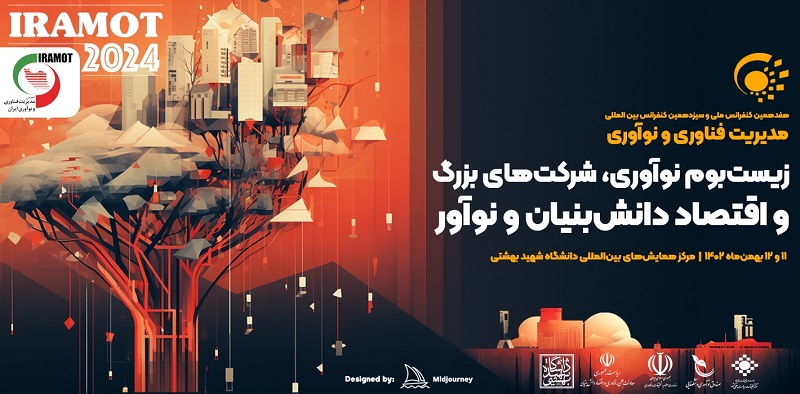Ali Abdullahi, a member of the faculty of Shahid Beheshti University, believes that government managers cannot regulate innovation and innovation in banking technologies will not occur until a competitive environment is created.
According to Iran digital economy annotation, Ali Abdullahi, a faculty member of Shahid Beheshti University, in the specialized panel “Debtors and Creditors of Innovation in the Banking System and Industry” regarding the innovation system in the banking environment, pointed out the effect of innovation in banks for financial inclusion and the role of upstream laws.
He said: A small innovation in the banking system can have a great effect on the macro and micro environment. Innovation is the birth of competition and we do not have this innovation, like the automotive industry and many other industries of the country, even the IT service company and Shapark, which are criticized.
There should be fee competition between banks in providing services so that innovation is formed, and the fact is that government managers cannot regulate innovation. We will never have the experience of Neobank, the experience of Insurtech and the experience of Digital Bank in Iran. Because the regulator wants to bank Neobank, insure Insurtech and…
A problem called instability
Noushafarin Momenvaqefi, the vice president of information technology of Bank D, also pointed out the instability in the legislation regarding innovation and technology in banks and said: the central bank wants to put the same uniform on all banks and does not pay attention to the needs of the bank and the interaction of the bank with finTechs. Momenvaqefi further introduced the subsidy as the reason for the access of the society to bank accounts and cards and explained:
“micro facilities for people who did not have access to loans were formed by lendtechs, which met a serious need of the society and cooperated with the circular that was issued for us as banks. It won’t be worth it with lendtechs. We have gone back and when there is no news of digital banking, we are using the words smart banking in the game. In fact, the duty of the central bank is not to maintain the balance between security and innovation, and the duty of the central bank is to maintain the value of the national currency and ultimately to set the framework.”
Our disconnections from the world have hindered innovation
Mahmoud Karimi, the CEO of the Future Creation Platform, looked at innovation in banks from a human perspective and added: “Eyes and eyes in banks and insurances have prevented banks from synergizing, and the citizens are paying for it.”
Even the regulator is in this competition and is worried about responding to the upstream institutions, and for this reason, the field is getting narrower every day. Our isolation from the rest of the world has hindered innovation. Efforts are small efforts that are fruitless.
Alireza Houshmand, a member of the Board of Directors of the Fintech Association, also said: Innovation does not have a firm and clear place in the Central Bank and banks. The central bank’s desire is to grow RegTech, not FinTech. Our problem is that the interaction of the supervisory body with the private sector is not formed. We went back to the year 2016, when fintech businesses were filtered on Wednesday evenings, and serious obstacles have been cut for businesses again.
Lendtech companies managed to give loans to people in deprived and underserved areas. Only 30% of people have a credit rating, and Lendtechs managed to give loans to 70% who did not have a credit rating, and this is the concept of financial inclusion. The regulator should interact with businesses, and guidelines should be formed by interacting with businesses.




No Comment! Be the first one.